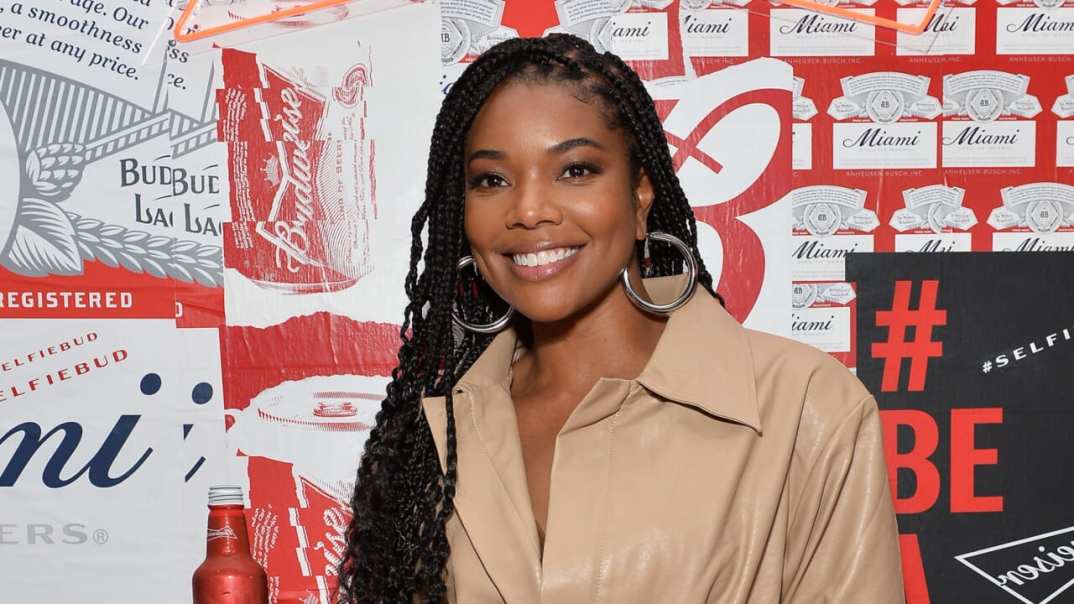‘America’s Got Talent’ announces findings in Gabrielle Union investigation
The 'LA's Finest' actress maintains that the treatment she received as a judge on the show was discriminatory

After months of speculation, this week NBC released the findings from the investigation of America’s Got Talent’s firing of popular judge Gabrielle Union.
Thank you ma and every single one of yall out there who understand how hard this journey is and checked on me and sent ♥️, prayers, protective vibes. Appreciate you, love you, tomorrow we ride again. https://t.co/oLZeTThxgk
— Gabrielle Union (@itsgabrielleu) May 28, 2020
Although the investigation was originally expected to end in January, according to Deadline, Wednesday morning the network issued a statement attempting to shed light on the circumstances surrounding Union’s dismissal.
BBC News – Gabrielle Union: Ex-America’s Got Talent judge discusses ‘toxic’ environment https://t.co/YMNnyYCLuN
— ASHBMN (@ASHBMN) May 28, 2020
READ MORE: Taye Diggs says ‘The Best Man’ could be turned into TV series
“Through the investigation process, it has been revealed that no one associated with the show made any insensitive or derogatory remarks about Ms. Union’s appearance and that neither race nor gender was a contributing factor in the advancement or elimination of contestants at any time,” the statement said. “The investigation has shown that the concerns raised by Ms. Union had no bearing on the decision not to exercise the option on her contract.”
“While the investigation has demonstrated an overall culture of diversity, it has also highlighted some areas in which reporting processes could be improved,” it conceded.
After 9 months of being careful with her word choices, that same day Variety published an interview in which Union broke her silence on the racism and sexism she claims to have experienced on the NBC series.
“I couldn’t escape. I ended up staying sick for two months straight. It was a cold that lingered, and turned into bronchitis, because I couldn’t shake it,” she told the publication. “It impacted my voice, which affects my ability to do my job.”
She continued, “It was challenging to tend to my illness without being made to feel like I’m responsible for my own sickness. It put me in a position from day one where I felt othered. I felt isolated. I felt singled out as being difficult when I’m asking for basic laws to be followed. I want to come to work and be healthy and safe and listened to.”
READ MORE: ‘Boy Meets World’ actress accuses stars of ‘extreme’ racism
“There were so many spaces in this industry where I had to compartmentalize myself to feel like I was worthy of work,” she explained. “In my 40s, I embraced myself exactly as I am. I wanted to create projects and be a part of things, to have personal and professional relationships that brought me peace, joy, grace and allowed for compassion.”
Have you subscribed to theGrio’s new podcast “Dear Culture”? Download our newest episodes now!
https://open.spotify.com/episode/2XG71SmYPP80MxutbI1UyO
https://open.spotify.com/episode/0kHy6RSJjIaBiGeJYFaUBD
